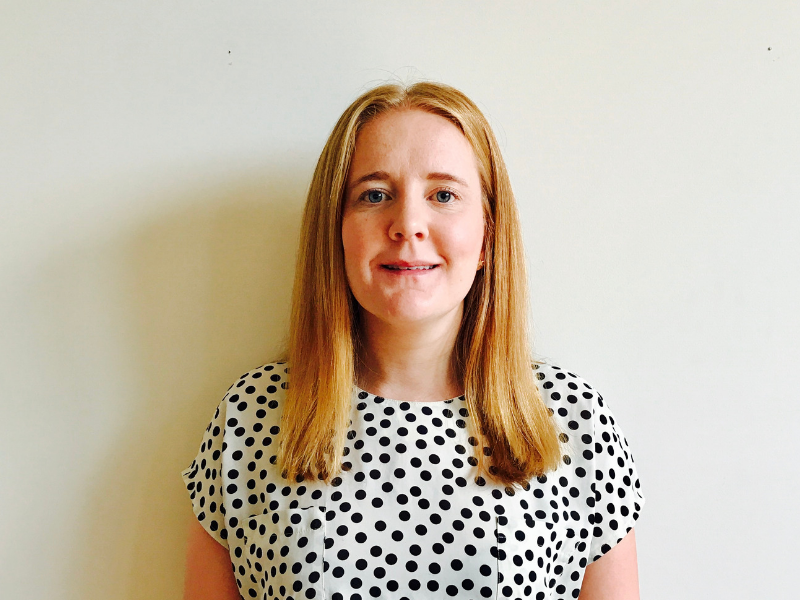
Published on Monday 15, April 2019
Maie Gibney - Her Pathway to becoming IMCL's Health Justice Partnerships Senior Lawyer
Whilst scrolling through the newspaper online five years ago, an article piqued Maie's interest. It was about IMCL's Acting on the Warning Signs project.
"Wow!" she recalls thinking, "now that's clever."
She already knew that legal problems don't happen in isolation and that people need holistic care. It made sense to her that lawyers should work closely with other service providers.
She'd seen the results first-hand through her work at the prickly end of justice as a criminal defence lawyer at Victoria Legal Aid in Morell. To support people to address the underlying causes of crime and break the cycle of offending, she'd regularly have contact with social workers. "This collaborative work was one of the most satisfying aspects of my jobs," she explains.
"But I wanted to work even more closely with a diverse range of practitioners to provide wraparound support," she says. So, when the opportunity came up, she jumped at the chance to take up a role at Youthlaw within the mutlidisciplinary Frontyard Youth Service.
“The co-located service model really appealed to me,”she says. It struck her as a way to break down the barriers between workers to achieve the best outcomes for the young people they worked with.
Maie kept following the work of Health Justice Partnerships. In 2016, the findings from the Royal Commission into Family Violence emerged, identifying the need for innovation approaches to deal with the national emergency.
"I knew Health Justice Partnerships were an effective way to support people experiencing family violence who would otherwise not get the legal help they need," she explains.
A lot has happened since Maie read the online article in 2014. In fact, she's now one of our Senior Lawyers and currently manages IMCL's Health Justice Partnerships with the Royal Women's and Royal Melbourne Hospitals. Each week she packs up her laptop and walks a few blocks through North Melbourne to the hospitals. She sets herself up in small rooms that she turns into her IMCL office for the day, becoming an integral part of the hospital team.
“Working within the HJP model is rewarding as it allows us to provide a highly accessible service to some of the most vulnerable members of the community. If we didn’t go into the hospital ourselves, many of these patients wouldn’t get the legal help they need & their health would be worse off.”